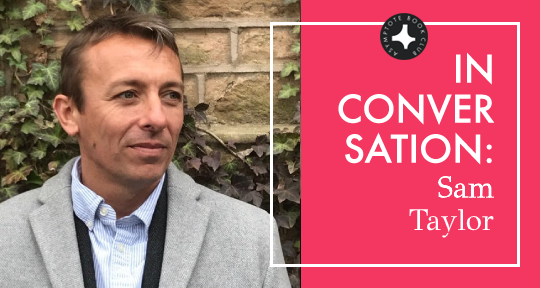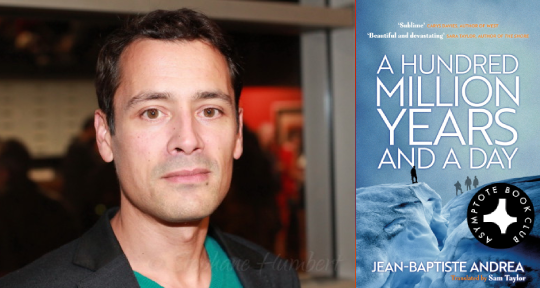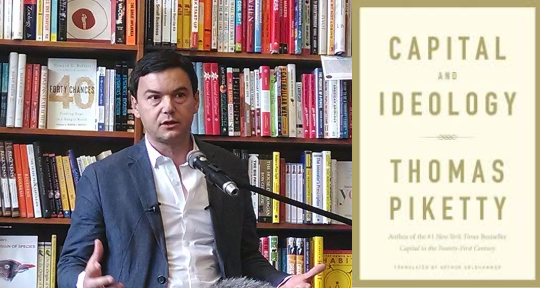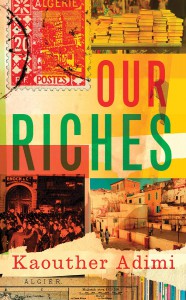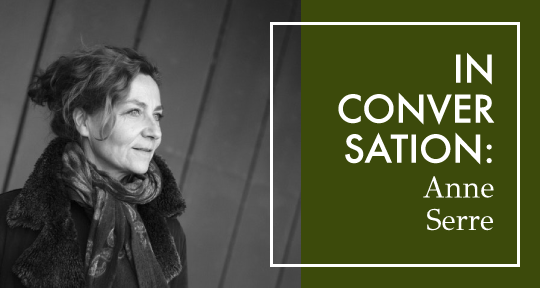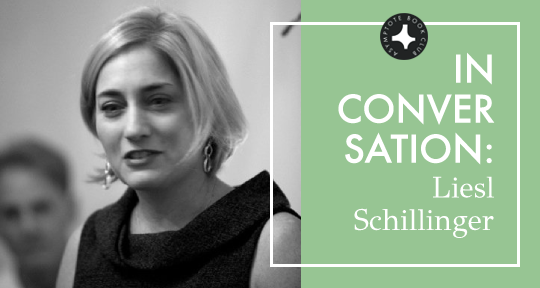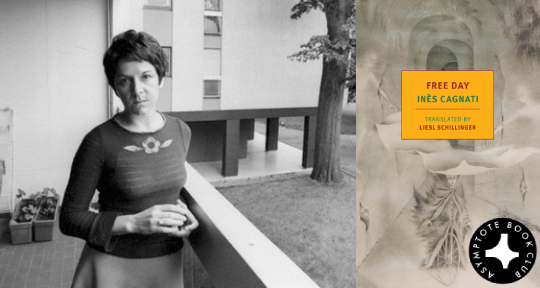The questions and ideas that Jean-Baptiste Andrea tackles in his lauded novel, A Hundred Million Years and a Day, beautifully inform the wisdom that all searches for truth are equally intrinsic as they are extrinsic. As our Book Club selection for the month of June, the work delves into psychological complexities with erudition and poetry. A Hundred Million Years and a Day is translated into English by the award-winning author and translator, Sam Taylor, who graciously spoke to our assistant editor, Barbara Halla, about his process and methods.
The Asymptote Book Club aspires to bring the best in translated fiction every month to readers around the world. You can sign up to receive next month’s selection on our website for as little as USD15 per book; once you’re a member, you can join the online discussion on our Facebook page!
Barbara Halla (BH): While reading A Hundred Million Years and a Day, I was reminded of another recent translation of yours: Hubert Mingarelli’s Four Soldiers. In both books, unlikely friendships develop under strenuous circumstances, and there is a certain reverence for the small interactions that make human connection possible. To the extent that you are able to pick which books you translate, do you find yourself drawn to specific themes?
Sam Taylor (ST): I hadn’t thought about that connection, but you’re right: there are similarities there. Both authors also share a very simple, controlled, vivid prose style that makes you feel as though you’re inside the minds and bodies of the characters. More generally, I’ve also translated quite a few books set in or referencing World War Two. However, this isn’t down to a conscious choice on my part. In fact, it probably has more to do with publishers ‘typecasting’ me to some extent. Thankfully, I’ve translated enough very different authors and books that it’s not really a problem. What I enjoy is the variety that comes with translation, rather than constantly being drawn to the same themes. On the other hand, it’s always a special pleasure to translate someone who writes perfect sentences, which I think is the case with Jean-Baptiste.
BH: How different is it to translate a book like this one from, say, Laurent Binet’s The 7th Function of Language? Do you conduct any substantial research before translating texts that rely heavily on a specific type of knowledge, be it palaeontology or semiotics?
ST: No, I think that kind of in-depth research is the author’s prerogative. When I wrote a novel set in Renaissance Italy, I spent a whole year researching it (including a two-week trip around Italy), but I don’t have that kind of luxury—in terms of time or money—when it comes to translations because I regularly translate between six and twelve books/screenplays every year. Some ‘research’ is needed for books with specialist vocabulary (as with this novel) and/or lots of quotes and references (e.g. for The 7th Function), but I do it online as I’m translating the book; I don’t read through lots of reference works beforehand. READ MORE…

